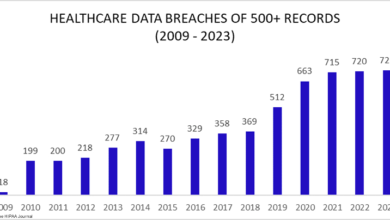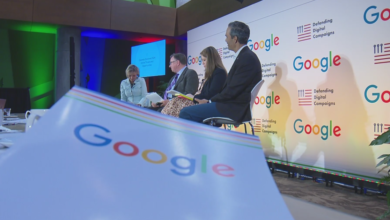FCC votes to approve Schools and Libraries Cybersecurity pilot program

The Federal Communications Commission voted on Thursday to approve the Schools and Libraries Cybersecurity Pilot Program, a three-year initiative intended to strengthen the cybersecurity defenses of schools and libraries.
The program, proposed last January, will provide up to $200 million distributed through the Universal Service Fund, which subsidizes telephone service to low-income households and high-cost areas. The pilot will also fund advanced firewalls, endpoint protection, identity authentication and monitoring systems.
“Our schools possess massive amounts of data about students, including their social security numbers, health records, disciplinary records, and other personally identifiable information,” FCC Commissioner Geoffrey Starks said during the meeting. “Accordingly, schools we have found are target-rich environments for cyberattacks such as ransomware and are low-hanging fruit because they often lack cyber expertise.”
The Government Accountability Office last year released a report showing that more than 600,000 K-12 students were affected by ransomware attacks in 2021. The office urged federal agencies to help schools defend themselves cyberattacks.
The commission’s new pilot program will allocate funds based on a per-student and per-library location budget, with school budgets set at $13.60 per student and library budgets at $15,000 per location. Participating institutions will be selected using a similar model to the commission’s E-Rate program, which provides schools and libraries discounts on internet service.
Funds for Learning, a firm specializing in helping schools get E-Rate funding, estimates demand for the new program would reach $823.4 million if every school and library in the country applied.
“The cybersecurity threats facing our educational institutions are significant,” Funds for Learning CEO John Harrington said in a press release following the FCC vote. “This pilot program represents a crucial step in providing the resources necessary to safeguard sensitive information and maintain secure, reliable access to digital learning tools.”



